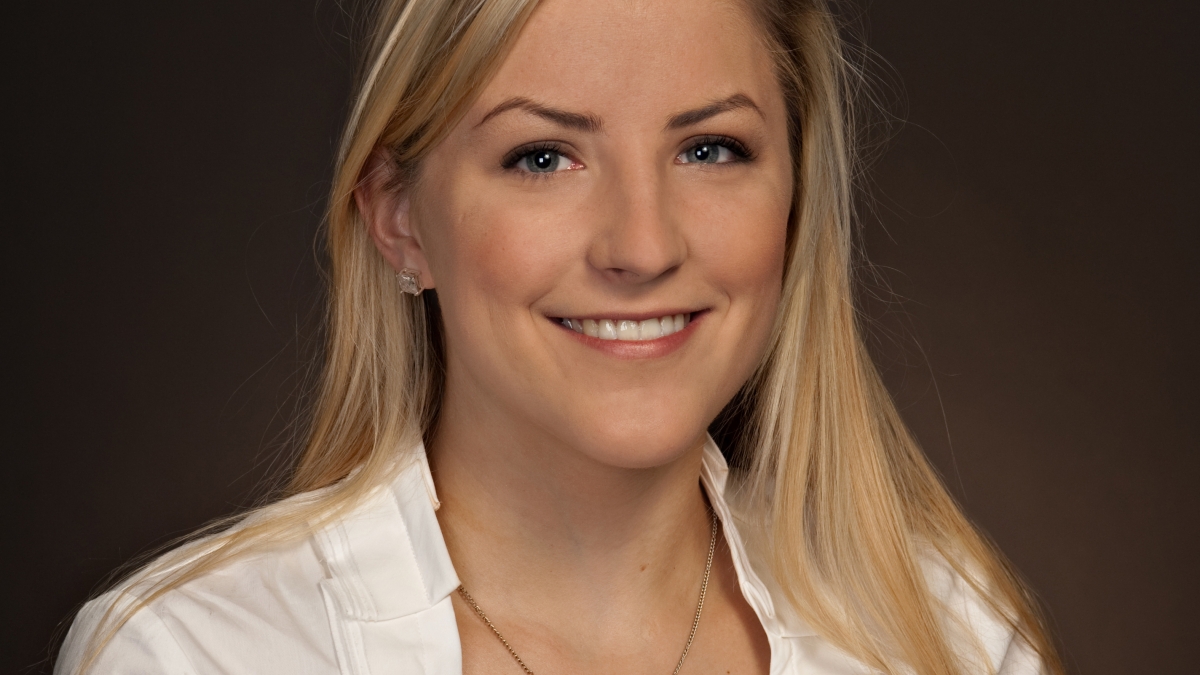Students win study-abroad scholarships to increase national security

Eight ASU undergraduates have won prestigious $20,000 Boren Scholarships, funded by the National Security Education Program (NSEP), to study in far flung areas of the globe. Seven will study abroad next year in areas of the world that are critical to the interests of the United States.
Their projects range from examining the alternative fuel industry in Brazil to studying public health issues in Jordan. All of the students have been learning less-common languages. They also will study at universities in Russia, Romania, Korea and China.
ASU students are unusually successful at winning these overseas study grants, because of ASU’s emphasis on global studies and foreign languages and the strong support they receive from faculty mentors. This year 60 percent of ASU’s applicants were successful in winning the awards, while the national percentage is only about 15 percent.
The students from ASU are an accomplished group, most having double majors. All but two are enrolled in Barrett, the Honors College. One of the eight has declined the award, while another student was named an alternate.
Bailey Edgell, a sophomore majoring in both economics and Spanish, will go to Romania for intensive study of its culture and language at Babes-Bolyai University. She began taking Romanian at ASU last fall, and became fascinated with its unique history as the only Eastern European country with Latin roots and a former Soviet occupation. She hopes to become a foreign service officer in economics in the U.S. Department of State.
Anne Clay, a junior in biology and society as well as French, will study the Korean language at Yonsei University in South Korea, also focusing on how the country’s developments in biotechnology are shaped by politics and culture, sometimes at the expense of ethics. Clay feels that one of the greatest challenges to national security is to find appropriate means of regulating biotechnology without stifling innovation.
Daniel Mark, a sophomore majoring in Slavic languages and literature, will increase his proficiency in Russian at Moscow Humanities University, also examining the Russian government’s crackdown on human rights organizations. Interning at Human Rights Watch, he plans to document the discrimination against the lesbian, gay, bisexual, transgender and queer community, which has been identified by the United States as a security concern.
Katie Dreeland, a biology and society junior with a minor in Arabic languages, will study both modern standard and colloquial Arabic at the University of Jordan, while living with a family. She also will examine issues of public health, which include water issues, food security, disease transmission and HIV/AIDS awareness. As an ally of the United States, Jordan’s stability, as it deals with population growth and an influx of refugees, is key.
Caitlin Klein, a junior majoring in both finance and Chinese, plans to spend a year in China improving her mastery of the Mandarin language and also analyzing the Chinese media, particularly in its economics coverage. Media censorship is a critical issue in China, and business and international investment depend on accurate economic data. She also will intern at a Shanghai news center.
Mark Petersen, a junior in economics and environmental studies, will increase his proficiency in Portuguese and also study Brazil’s alternative energy industry. Brazil produces ethanol made from sugarcane waste products and has reduced its oil consumption without the undesirable consequences of ethanol made from corn. Building a greater trade relationship with Brazil could increase energy security in the U.S.
Joshua Rand-Castillo is a junior with majors in both East Asian history and religious education, with a minor in Chinese. At 26, he also has military experience with the 3rd Ranger Battalion in Afghanistan and Iraq. He will study at Sichuan University in China, analyzing the country’s treatment of minority groups such as the Muslim Uyghurs, the Tibetan Buddhist population and Taiwan. He hopes to develop an understanding of these populations and what their unrest might mean for the U.S.
Adam Starbuck, a junior in Slavic languages and biology who proposed a study year in Russia, was named as an alternate.
Boren Scholars must complete a service requirement within three years after completion of the program, working in a federal government position with national security responsibilities for at least one year.